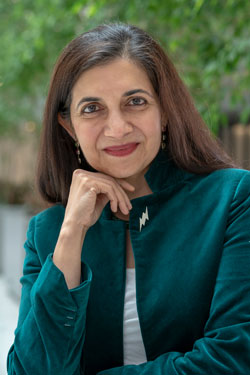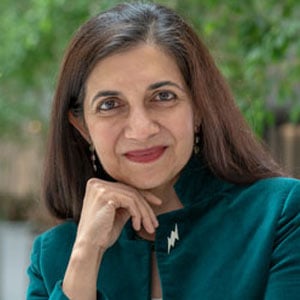Changing with the Times

If Lord Keynes, who helped usher in the post–World War II economic order at the Bretton Woods conference, visited the IMF today, he would be astonished at the institution’s evolution. He would find a modern IMF able to help countries with new tools for analyzing financial risks and external imbalances and take on income inequality, corruption, and climate change. He would marvel at our universal membership, diverse staff, and female head. He would also find a world transformed by new emerging powers and technologies that link countries and markets at light speed.
Keynes would understand today’s reality too. He saw it all before: growing economic and political nationalism, fraying of alliances, and sharply declining support for multilateralism. Yet he wouldn’t despair. With his characteristic energy, Keynes would call for a renewed commitment to global economic cooperation.
In this issue marking the IMF’s 75th anniversary, we heed his call by turning to the sharpest minds to assess the challenges to come and how best to confront them. Martin Wolf, Mohamed El-Erian, and Adam Tooze consider how the IMF must continue to change to face new realities and better serve its member countries. We also look at key global trends. Keyu Jin foresees volatility as China integrates fully into global financial markets. Pinelopi Goldberg focuses on the uncertainties around trade, and Raghuram Rajan discusses how best to manage growing flows of capital across borders.
For IMF Managing Director Christine Lagarde, the answer lies in a “new” multilateralism—one that puts people at the center of all our efforts. It means ensuring that governments and institutions work to attain common goals for a prosperous, inclusive, and sustainable future.
Just as the IMF has adapted to change since 1944, it will continue to evolve and innovate to serve the needs of global economic harmony. Keynes and the 44 delegates that created the institution would be proud.
Opinions expressed in articles and other materials are those of the authors; they do not necessarily reflect IMF policy.







